HSE Expands Cooperation with Chinese Universities
An HSE delegation, led by Rector Nikita Anisimov, visited China for negotiations with the administration of the country’s top universities. The parties agreed to expand bilateral scientific and educational collaboration and signed several documents. In particular, a strategic partnership agreement was established with Peking University, one of the oldest and most prestigious educational institutions in China.
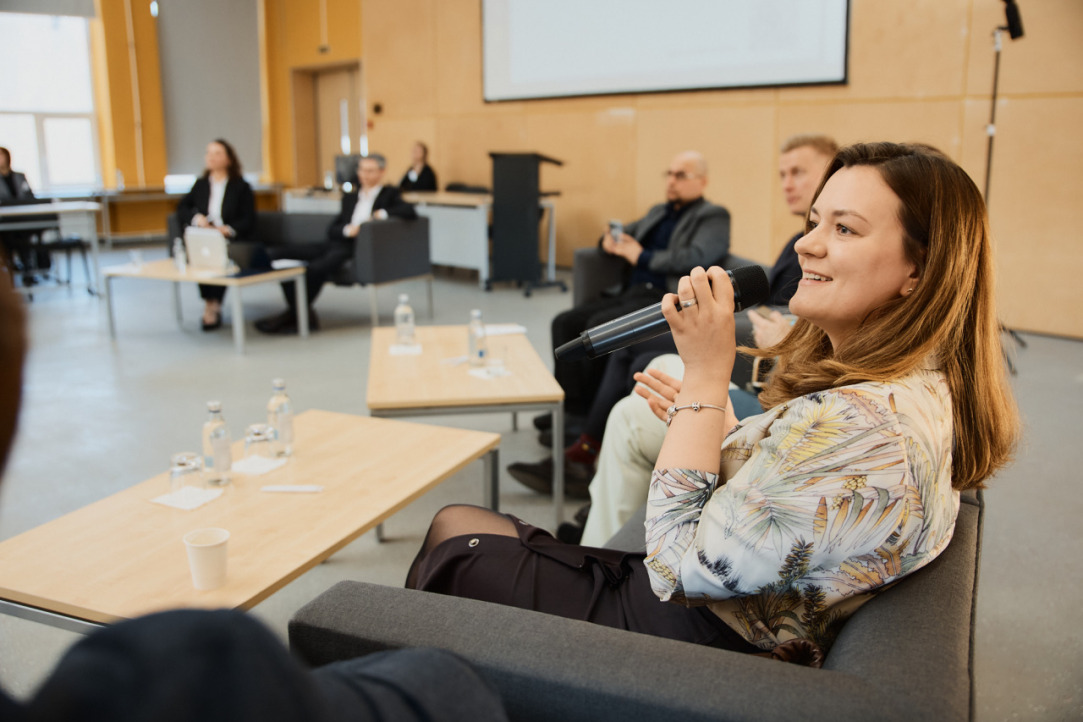
‘Eastern Perspective’: HSE University–St Petersburg Prepares Russian Businesses for Iranian Market
Over the past three years, goods turnover between Russia and Iran has reached four billion dollars, and experts estimate the potential for cooperation at 10 billion dollars. For Russian companies that strive to expand the geography of their exports, Iran is becoming one of the most appealing markets.
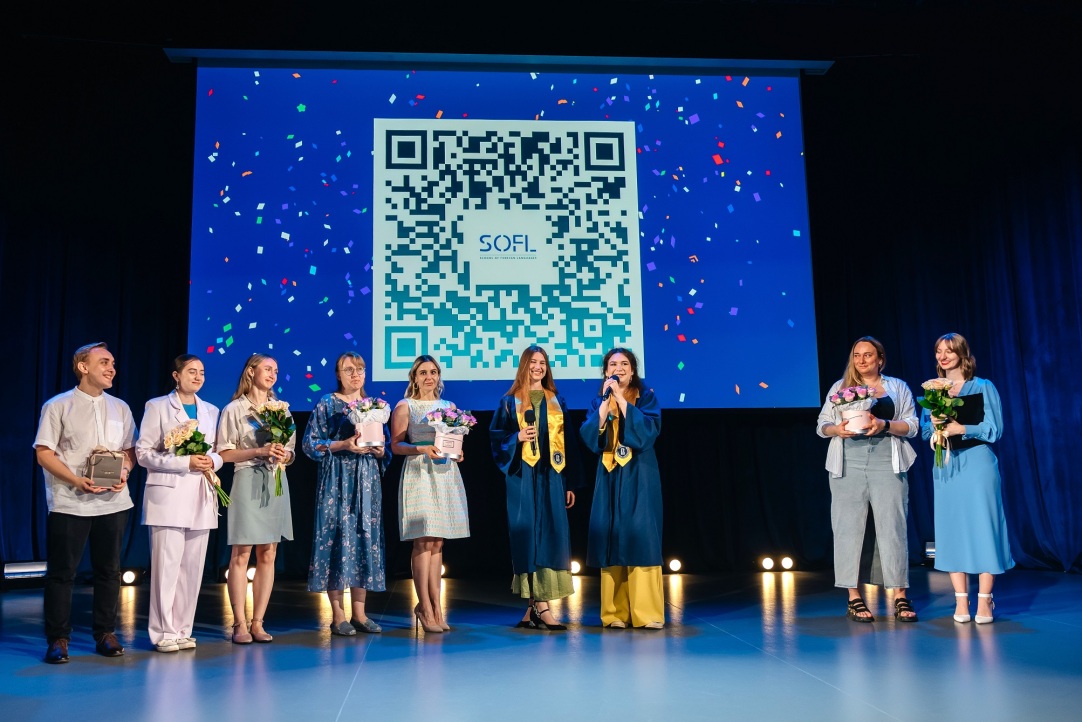
Following the Results of the First Five-Year Plan: Achievements of HSE School of Foreign Languages Upon Its Anniversary Celebration
On April 1, 2025, the HSE School of Foreign Languages celebrated its first anniversary. Over the year, the school has managed to implement innovative projects, create in-demand products, and set new trends. The article highlights the school’s main achievements.
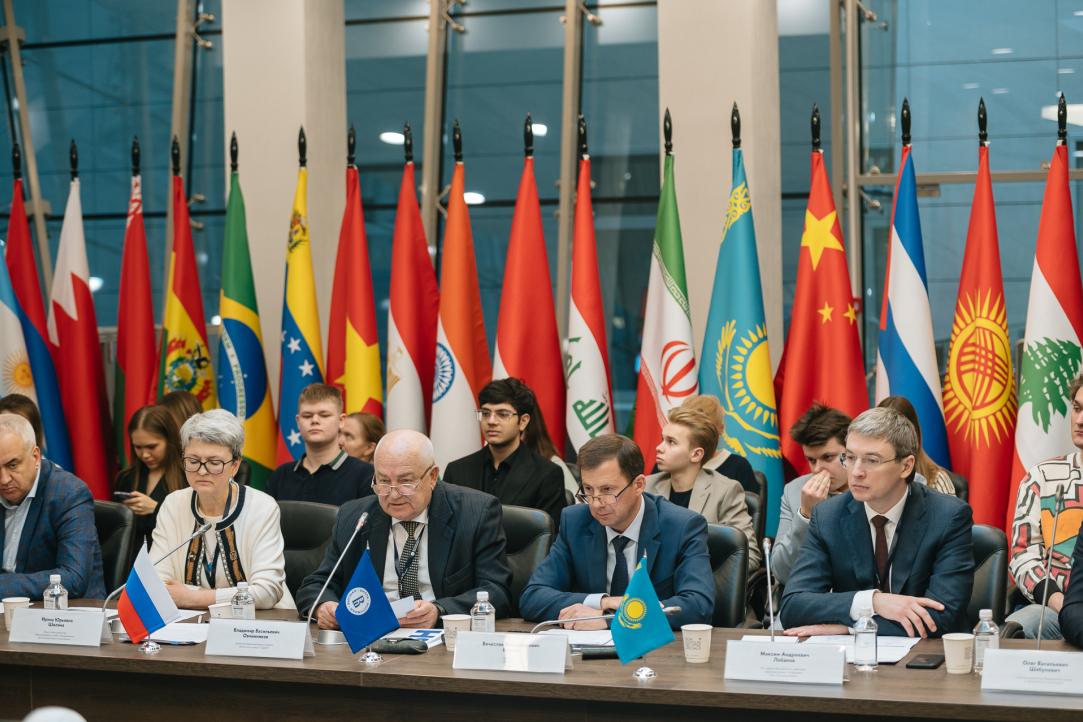
Results of Founding Conference of International Movement on Financial Security Announced
On March 27, 2025, HSE University hosted a hybrid-format conference marking the completion of efforts to establish the International Movement on Financial Security. During the meeting, the charter and roadmap were adopted, and the presidium was elected.
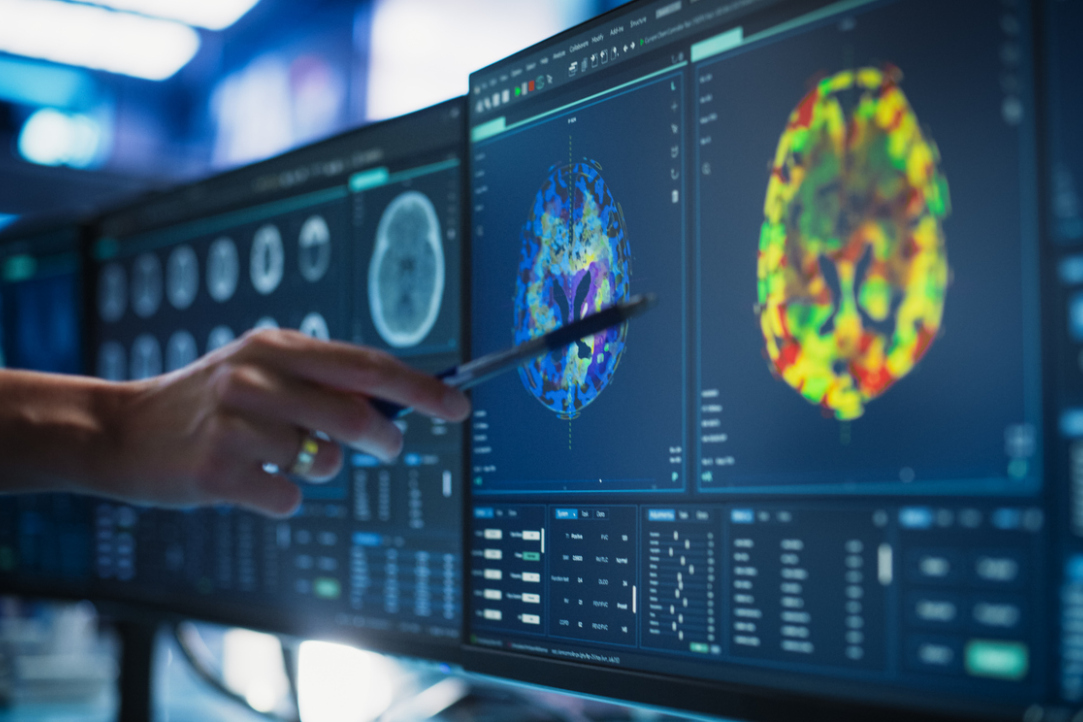
Scientists Examine Neurobiology of Pragmatic Reasoning
An international team including scientists from HSE University has investigated the brain's ability to comprehend hidden meanings in spoken messages. Using fMRI, the researchers found that unambiguous meanings activate brain regions involved in decision-making, whereas processing complex and ambiguous utterances engages regions responsible for analysing context and the speaker's intentions. The more complex the task, the greater the interaction between these regions, enabling the brain to decipher the meaning. The study has been published in NeuroImage.
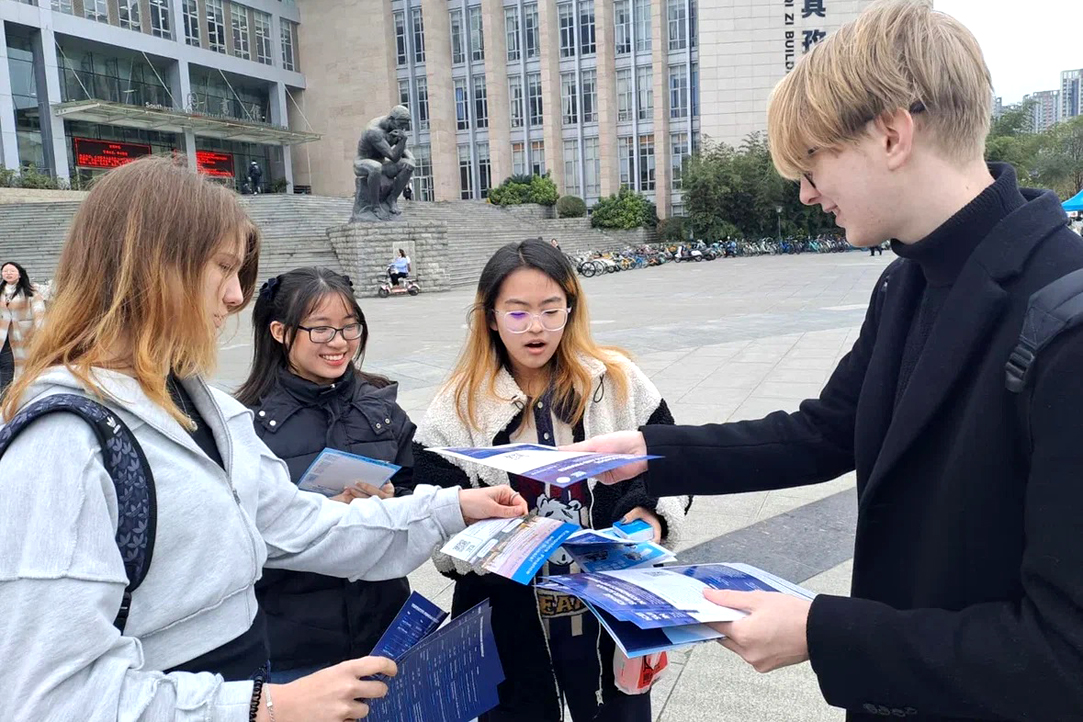
ICEF HSE Takes Part in Study Abroad Fair in China among World's Leading Universities
On March 18, 2025, the Southwestern University of Finance and Economics (SWUFE), Chengdu, China welcomed its counterparts to the SWUFE Study Abroad Fair. Russia was represented for the first time at the fair by a delegation from HSE University, including members of ICEF.
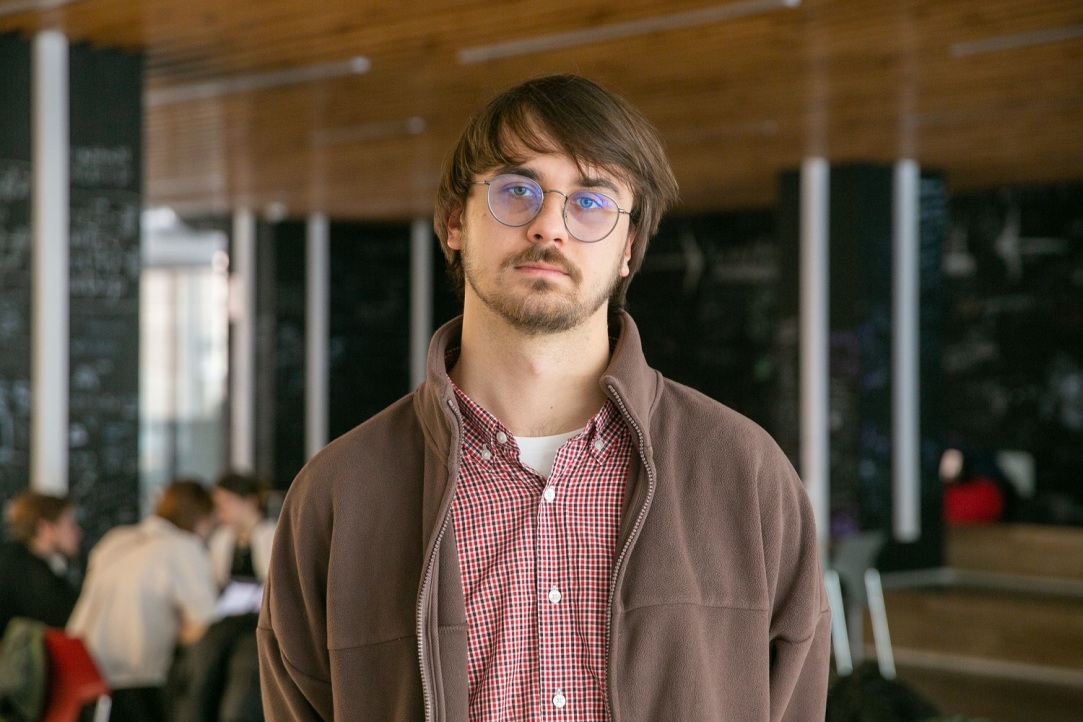
‘Mayflies Are Drifting along the River–This Is a Symbol that Everything Goes By’
Arseniy Uspenskij (Litvin) initially studied Indology but ultimately focused on Assyriology. In an interview with the HSE Young Scientists project, he discussed the metrical structure of Akkadian poetry, the deciphering of the Behistun inscription, and King Sargon.
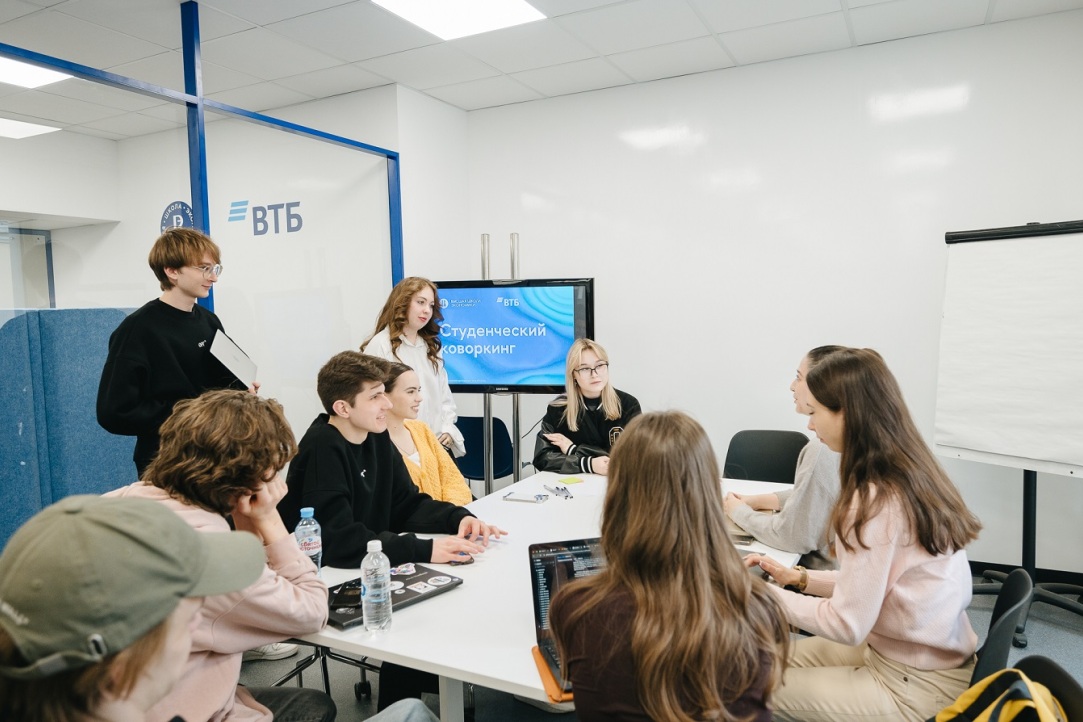
Grand Opening of Renovated Student Coworking Space Held at HSE
The development and implementation of the project took almost a year. Several planning solutions were proposed and the optimal one was selected quickly. The main tasks to be solved included various scenarios for space utilisation, acoustic comfort, and modern multimedia equipment.
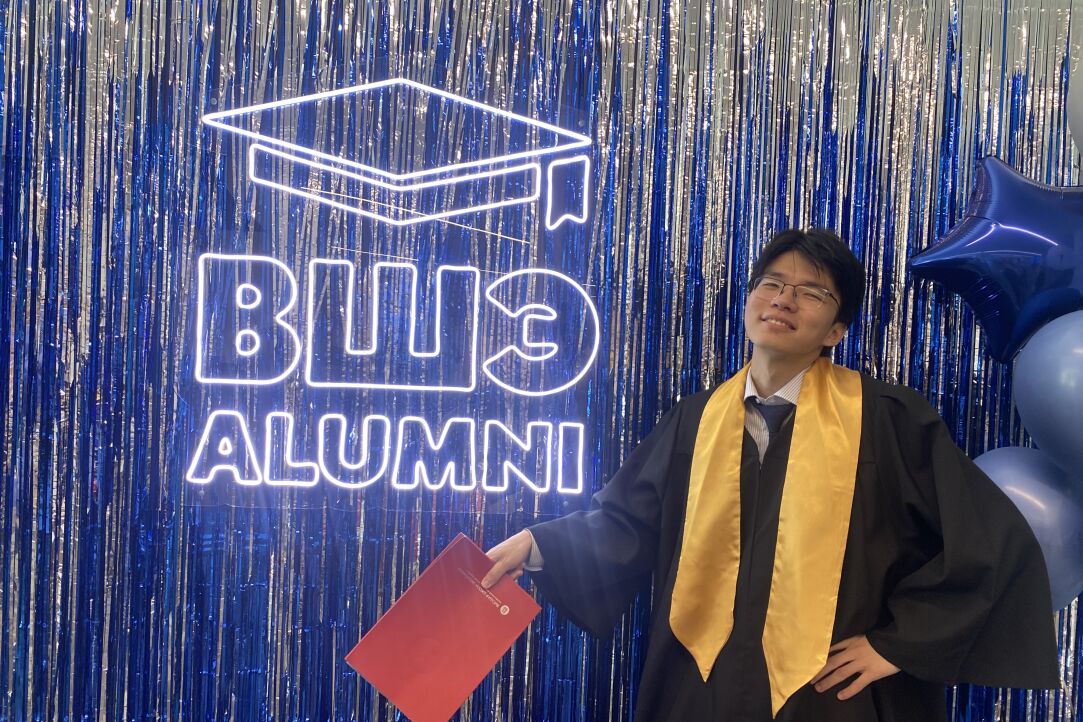
‘HSE’s Industry Ties Are Invaluable’
Pan Zhengwu has spent the last seven years at HSE University—first as a student of the Bachelor’s in Software Engineering and now in the Master’s in System and Software Engineering at the Faculty of Computer Science. In addition to his busy academic schedule, he works as a mobile software engineer at Yandex and is an avid urban photographer. In his interview with the HSE News Service, Zhengwu talks about the challenges he faced when he first moved to Russia, shares his thoughts on ‘collaborating’ with AI, and reveals one of his top spots for taking photos in Moscow.

‘Trend Tetris’: HSE University-St Petersburg and Alexandrinsky Theatre Hold Fifth CIBA Conference
The New Stage of the Alexandrinsky Theatre hosted the fifth annual CIBA conference, organised by professors and students of the Master's programme 'Arts and Culture Management' at HSE University-St Petersburg. More than 300 participants, including students, creative experts, entrepreneurs, and representatives of cultural institutions, attended the event.


Submission Deadline: December 20, 2025